Daggers have been drawn inside the north’s largest political party the UBP in the aftermath of its former leader Ersin Tatar’s landslide defeat at this month’s Turkish Cypriot leadership election, with high-ranking party members now openly briefing against one another in the media.
Former ‘health minister’ Izlem Gurcag Altugra stuck her head above the parapet on Wednesday, declaring during an appearance on Kibris Genc TV that she would refuse to return to cabinet if ‘prime minister’ Unal Ustel asked her to.
“If Unal Ustel asked me to be his minister today, I would tell him where to go, and refuse,” she said.
She later said that she is “calling on all true UBP members”, because “now is the time to stand up for our party”.
To this end, she said the party has “strayed from its core values”.
“Our ancestors invested great effort into this party. Please do not remain silent. This UBP is not the old UBP. There is no merit, no kindness, no respect, no love,” she said.
Prior to her comments on Wednesday, she had said during a separate television appearance, on channel Kanal T on Tuesday, that if there was no change inside the party by Thursday, she will “make my statement immediately”, possibly offering herself as a challenger to Ustel.
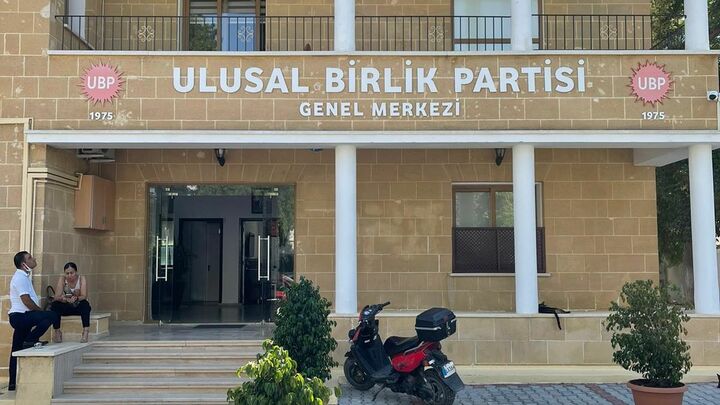
Altugra had been relieved of her duties as ‘health minister’ during Ustel’s most recent cabinet reshuffle in August 2023.
She went on to support fellow former ‘minister’ Hasan Tacoy’s unsuccessful attempt to dethrone Ustel from the party’s leadership in September last year, and was joined by fellow UBP ‘MPs’ Yasemin Ozturk, Ali Pilli, and Hasan Kucuk in that endeavour.
In the immediate aftermath of the Turkish Cypriot leadership election, Altugra and fellow former ‘minister’ Resmiye Canaltay, who is also the daughter of former Turkish Cypriot leader Dervish Eroglu, called for the UBP to hold an emergency party conference.
It would be expected that the purpose of an emergency party conference would be to remove Ustel as party leader.
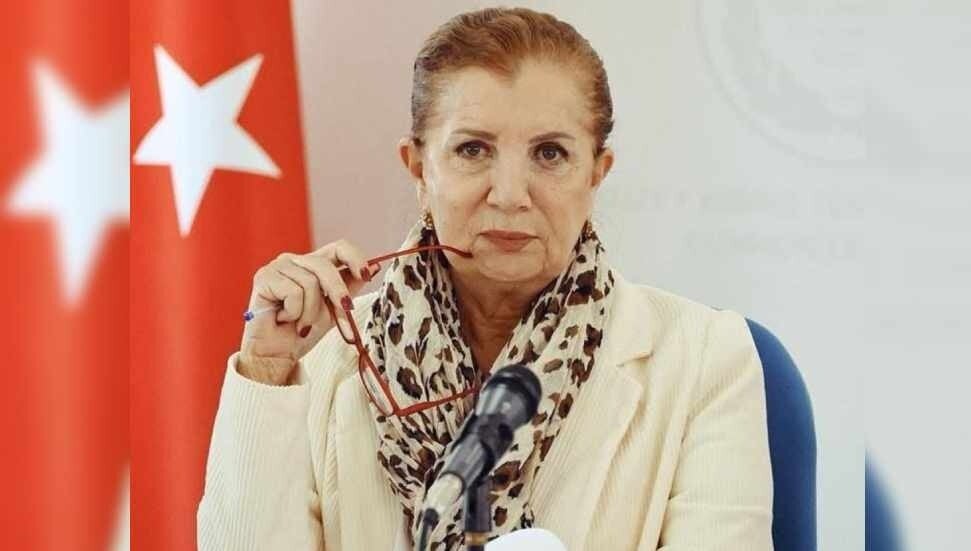
Canaltay had highlighted the UBP’s poor showing at the Turkish Cypriot local elections in 2022, in which the party’s mayors in both Famagusta and Kyrenia were unseated by candidates from opposition party the CTP, and in which its candidate in Nicosia, Sadik Gardiyanoglu, won only 22.5 per cent of the vote and finished in third place.
She also pointed out that the UBP had failed to win a ‘parliamentary’ by-election in 2023, which was won by the CTP’s Sami Ozuslu, saying, “the UBP has gone forth with the same team and the same mindset in the last three elections, and has lost every time”.
“Today, the UBP faces two choices: either continue this silence and continue to lose, or turn inward, engage in serious self-criticism, and continue to lose, or look inward, engage in serious self-criticism, and continue to serve the Turkish Cypriot people,” she said.
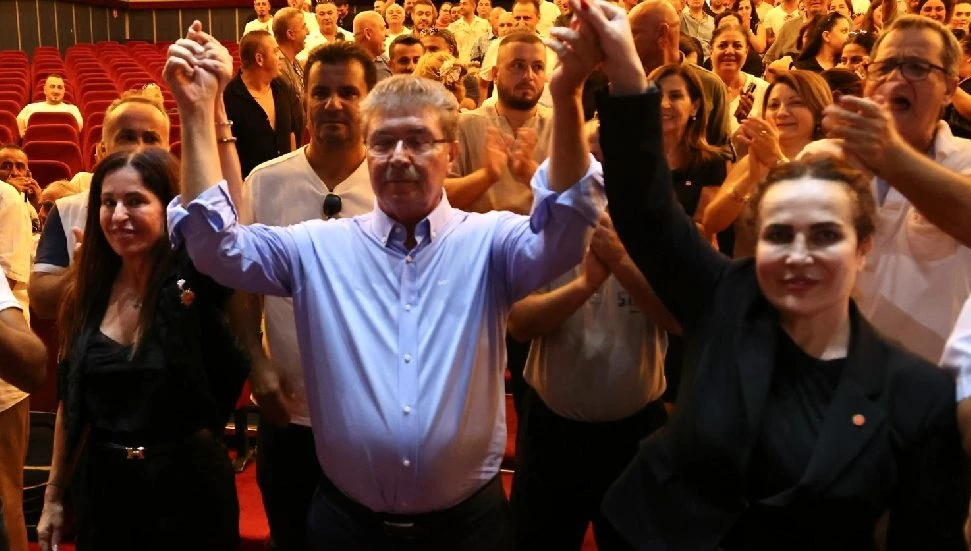
Canaltay and Altugra’s demands for an emergency party conference had reportedly drawn the ire of the UBP’s Kyrenia women’s branch chairman Fatma Unal, who is known to have a close personal relationship with Unal Ustel.
Newspaper Yeniduzen reported that she had instructed UBP members to flood social media posts related to Canaltay and Altugra with negative reactions, so as to generate the perception that the party’s base is against the idea of holding a party conference or of removing Ustel.
Concerns for the UBP also come from outside the party, with one of its two coalition partners, the YDP, now openly angling for an early ‘parliamentary’ election.
The party’s leader, ‘transport minister’ Erhan Arikli, earlier this week said he and his party are “determined to hold early elections”, and said they should take place no later than March, and threatened to withdraw from the ruling coalition if elections are not held.
However, the DP, the third party in the ruling coalition, appears less willing to ask another question of an electorate which less than two weeks ago dealt a historic electoral hammering to Ersin Tatar, the man all three parties had endorsed for the Turkish Cypriot leadership election.
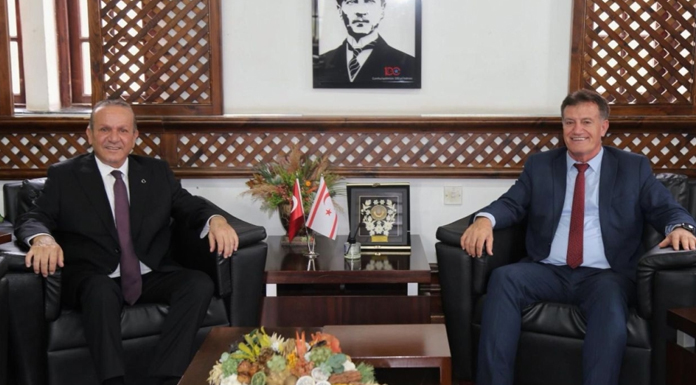
Ataoglu and Arikli met two days after the election, and while Arikli said he was keen on an election, Ataoglu kept his cards closer to his chest, and is understood to be less than keen.
If the DP stays the course, Ustel will not be able to be forced by ‘parliament’ to call an early election, given that the UBP and the DP’s representatives in the legislature form a majority without the need for the YDP.
Internally, too, Ustel still appears to hold the right cards, despite the growing barrage of dissenters.
The UBP’s internal regulations stipulate that its party leader is not required to hold a new party conference for three years after one is held, meaning that Ustel cannot be challenged for the party’s leadership by conventional means until September 2027.

He could still, however, be dethroned by unconventional means, if dissenters within the UBP really wished to do so.
The ruling coalition at present commands the support of 29 of the north’s 49 ‘MPs’, with one seat of the usual 50 now empty following the election of Tufan Erhurman as Turkish Cypriot leader. As such, it would only take three ‘MPs’ to vote with the opposition, or six ‘MPs’ to abstain, for Ustel to be unable to pass any legislation.
Of those 29, 28 belong to the three ruling parties, while one, Hasan Tosunoglu, left the DP last year but continues to vote with the ruling coalition.
If Ustel were unable to govern, he would likely be required to fall on his sword.

Looking ahead, the next ‘parliamentary’ election in the north must happen no later than February 2027, with the last such election having taken place on January 23, 2022.
However, waiting until then to hold an election would be impractical, since Turkish Cypriot local elections are set to take place in December, and running two elections at once would be unfeasible for the Turkish Cypriots.
As such, in effect, the election can also take place no later than October next year.
Former ‘parliament speaker’ Zorlu Tore suggested last week that a ‘parliamentary’ election take place no earlier than next September, while CTP secretary-general Erkut Sahali said he believes the election will take place in June, but that his party is also prepared for an election in February or March.
Ustel became ‘prime minister’ on May 12, 2022, and if he can remain in office until May 24, he will become the second-longest serving ‘prime minister’ in the history of the ‘TRNC’, overtaking the CTP’s Ferdi Sabit Soyer, who served for a total of four years and nine days, and remaining behind just Dervish Eroglu, who spent a mammoth 16 years and 304 days in the job across three stints.
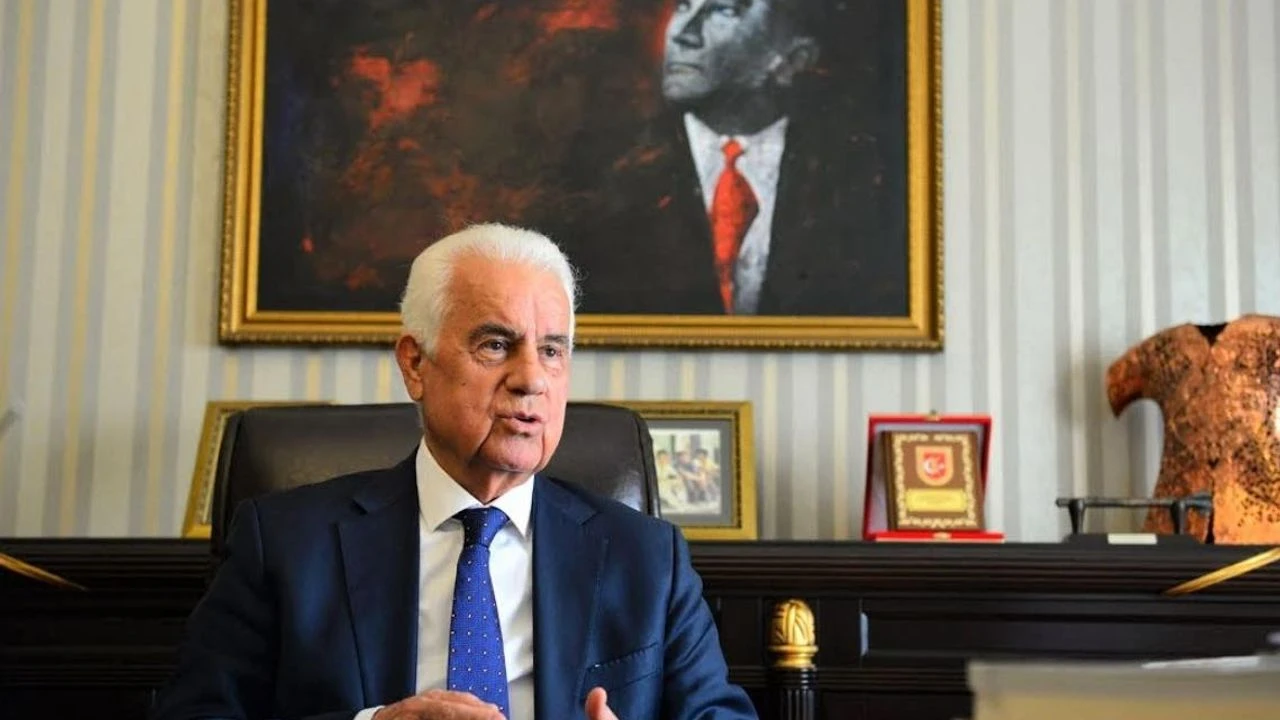






Click here to change your cookie preferences